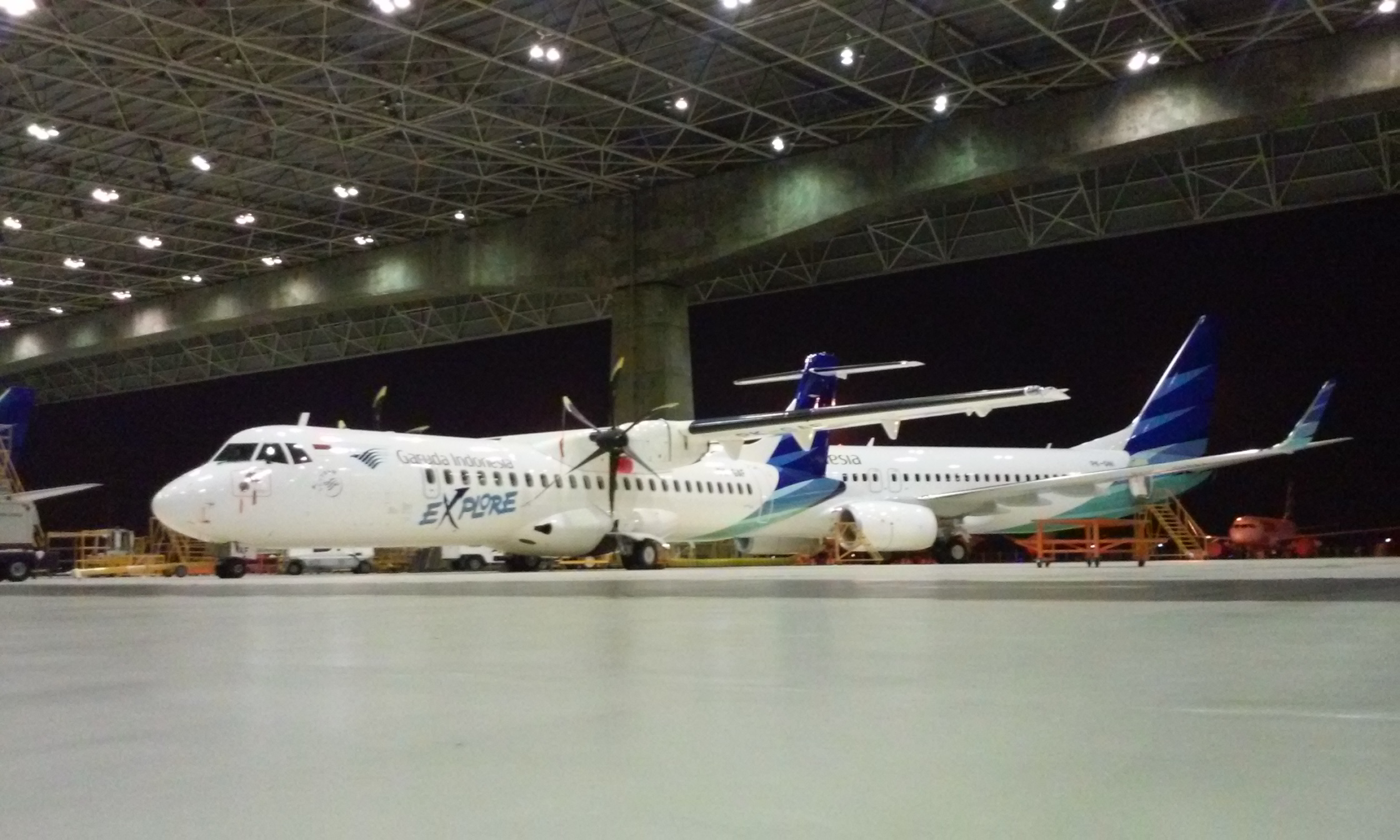|
Electronic Engineering Polytechnic Institute Of Surabaya
The Electronic Engineering Polytechnic Institute of Surabaya (EEPIS) ( id, Politeknik Elektronika Negeri Surabaya (PENS)) is a technical institution located in Indonesia. It serves its community by conducting research to resolve industrial and community problems. History The institute was founded with the support and assistance of the Japan International Cooperation Agency (JICA), who sent a team in 1985 to assess the need for aid. Lead by Prof. Y. Naito from Tokyo Institute of Technology, the team conducted an initial assessment to the area that resulting agreement for the development of the campus. In 1987, construction of the institution began. Japan also provided training for EEPIS instructors, both before and after the opening of the school, in Indonesia and Japan. It was officially inaugurated on June 2, 1988, by the Indonesian president Suharto. Since its inception, the institution has held several names. When it opened, it was the Politeknik Elektronika & Telekomunikasi. ... [...More Info...] [...Related Items...] OR: [Wikipedia] [Google] [Baidu] |
Polytechnic College
An institute of technology (also referred to as: technological university, technical university, university of technology, technological educational institute, technical college, polytechnic university or just polytechnic) is an institution of tertiary education (such as a university or college) that specializes in engineering, technology, applied science, and natural sciences. Institutes of technology versus polytechnics The institutes of technology and polytechnics have been in existence since at least the 18th century, but became popular after World War II with the expansion of engineering and applied science education, associated with the new needs created by industrialization. The world's first institution of technology, the Berg-Schola (today its legal successor is the University of Miskolc), was founded by the Court Chamber of Vienna in Selmecbánya, Kingdom of Hungary (now Banská Štiavnica, Slovakia), in 1735 in order to train specialists of precious metal and copper ... [...More Info...] [...Related Items...] OR: [Wikipedia] [Google] [Baidu] |
GMF AeroAsia
GMF AeroAsia (PT Garuda Maintenance Facility AeroAsia Tbk) is an Indonesian company that specialises in aircraft maintenance repair and overhaul. The company serves the Asia-Pacific region and employs more than 4,000 people, and is based in Tangerang, Indonesia, it has many offices around the world. It services airplanes of many types and is one of the largest and leading aircraft maintenance facilities in Asia. History Before 2000 (millennium year) The company was established in 1984 as Garuda Maintenance Facilities Support Center. In seven years, funded entirely by the Indonesian government, it had spent US$200 million, of which 63% was used to import hi-tech machinery and equipment. In 1996, it became a SBU changing its name to Garuda Maintenance Facilities AeroAsia, or GMF AeroAsia in short. After 2000 In August 2002, it split off from PT Garuda Indonesia. In January 2007, PT Garuda Indonesia announced it would sell a minority stake of GMF AeroAsia in April 2007. Other su ... [...More Info...] [...Related Items...] OR: [Wikipedia] [Google] [Baidu] |
Universities In East Java
A university () is an institution of higher (or tertiary) education and research which awards academic degrees in several academic disciplines. ''University'' is derived from the Latin phrase ''universitas magistrorum et scholarium'', which roughly means "community of teachers and scholars". Universities typically offer both undergraduate and postgraduate programs. The first universities in Europe were established by Catholic Church monks. The University of Bologna (), Italy, which was founded in 1088, is the first university in the sense of: *being a high degree-awarding institute. *using the word ''universitas'' (which was coined at its foundation). *having independence from the ecclesiastic schools and issuing secular as well as non-secular degrees (with teaching conducted by both clergy and non-clergy): grammar, rhetoric, logic, theology, canon law, notarial law.Hunt Janin: "The university in medieval life, 1179–1499", McFarland, 2008, , p. 55f.de Ridder-Symoens, Hilde''A ... [...More Info...] [...Related Items...] OR: [Wikipedia] [Google] [Baidu] |

